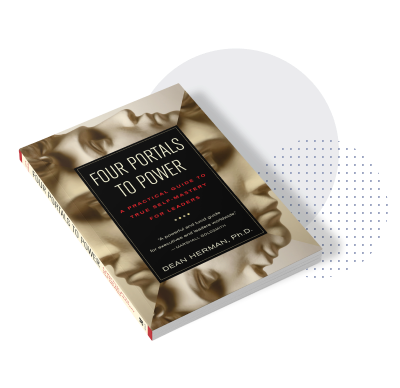Articles
Defeat Back (and Neck) Pain
September 21, 2016 (Number 69) If you have pain in your back or neck, you may have noticed that seeing doctors, chiropractors or physical therapists often doesn't resolve the issue. So have you ever considered what role stress may be playing? After all, someone or something being a "pain in the neck" (or the backside) is a familiar part of our lexicon. That's a big hint.When we say we're "stressed," this means we’re feeling annoyed, anxious or both. When these emotions become strong enough to be potentially disruptive, our nervous systems automatically "bind" their energy by converting them into symptoms (most commonly, pain). Then our troublesome emotions seemingly, and conveniently, disappear.
This protective mechanism is described from a neurobiological perspective by the renowned Dr. Peter Levine. And Dr. John Sarno, who claims an 88% success rate treating long-term back pain, describes the dynamic from a psychological perspective. He explains that our unconscious minds generate physical pain in order to distract us from our difficult emotions so that we don't have to feel them.
Given these powerful mechanisms that arise within us, how can we be pain-free?
- First, get your condition checked out medically. But you need not automatically accept your physicians’ explanations. For example, low back pain is often attributed to herniated discs. But research studies have shown weak correlations between back pain and disc herniation.
- Next, consider treating your pain simply as signals that strong emotions are present, currently outside your awareness. Accordingly, boldly and with kind self-acceptance explore what you might be frustrated, annoyed, angry or worried about. Dr. Sarno explains that as you become increasingly aware of these emotions that your pain is designed to distract you from, that pain ultimately serves no purpose and subsides.
- Finally, if you've read my book, you know that negative emotions such as anger and fear typically arise from seeing yourself as disempowered – and then these emotions generate an even greater sense of powerlessness. To break this cycle and dissolve these emotions, take action that expresses your personal power. For example, that may mean setting boundaries skillfully and sensitively with a difficult colleague.
What will be your next steps for getting some real freedom from your negative emotions – and enjoying greater health? The actions you take will require thoughtfulness and clear discernment. You need not try to figure this out alone. Contact me and let's talk about how we can improve things for you.
Dean Herman, Ph.D.


